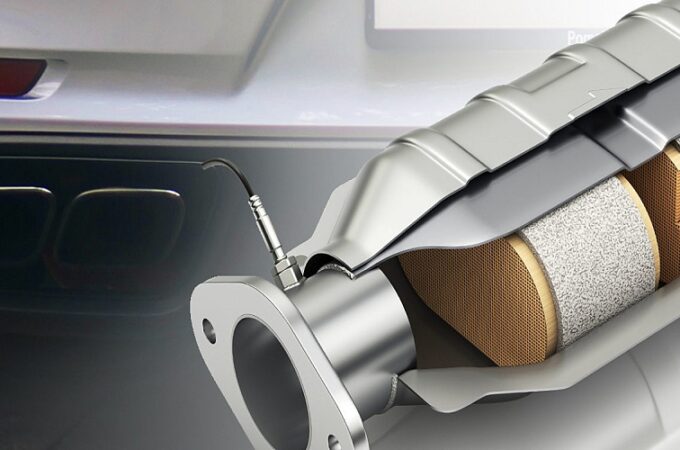
Important answers to help you get through your next oil change
One of the critical aspects of routine car maintenance is an oil change. A periodic engine oil change is vital to keep the engine parts running smoothly, reduce your fuel consumption and boost the lifespan of the car. The purpose of the oil is to lubricate the moving parts, preventing them from rubbing together, which may lead to overheating and severe engine damage.
Many people ignore oil changes until it is too late. Skipping an oil change can lead to costly or irreversible engine damage down the road, and here are some answers to your questions on the same.
How often should I change the engine oil?
Your car manual has specific recommendations on how often you should change your engine oil. Many auto manufacturers recommend doing this every 3000-5000miles. However, the oil change should be frequent if you clock up more miles or spend more time in traffic jams since your engine sees a lot of use. Luckily, most modern cars have service reminders and can alert you when the vehicle needs service, including an oil change.
How long does an oil change take?
Many car owners are guilty of postponing engine oil changes on the assumption that it is not urgent. But how long does an oil change take? An oil change is a simple task that takes 20-45minutes at most. This quick task can save you more money in the long run since it prevents costly engine damage.
How frequently should I check the oil level?
One of your responsibilities is to ensure the fluids in your car, including the oil, are at the correct levels. Ideally, you should check the oil level monthly and call a mechanic if you notice any leakage. When checking the engine oil level, allow the engine to cool first if it is running. Also, beware of any hot parts under the hood and when you remove the dipstick, allow it to cool before wiping it to check the oil level. If the oil level is low, you should have it changed.
What are the signs of an oil change?
Knowing the warning signs that indicate your car needs an oil change is good. common ones include:
- Dark engine oil.
- The oil change dashboard light is on.
- A blue exhaust smoke.
- A knocking engine noise.
- Oil smell in the cabin.
These warning signs are likely if you don’t follow your manufacturer’s recommendations regarding engine oil change.
When should I use synthetic oil?
Synthetic oil withstands higher temperatures better, resists breaking down, and lasts longer than regular engine oil. It is advisable to use synthetic oil for extreme climates like sweltering summers and cold winters or if you frequently use your car to haul bulky stuff. Although synthetic oil is more resistant to extreme weather conditions, that doesn’t mean you can delay oil change. You have to change it periodically.
The takeaway
Check the car manual for the recommended engine oil for maximum efficiency.





